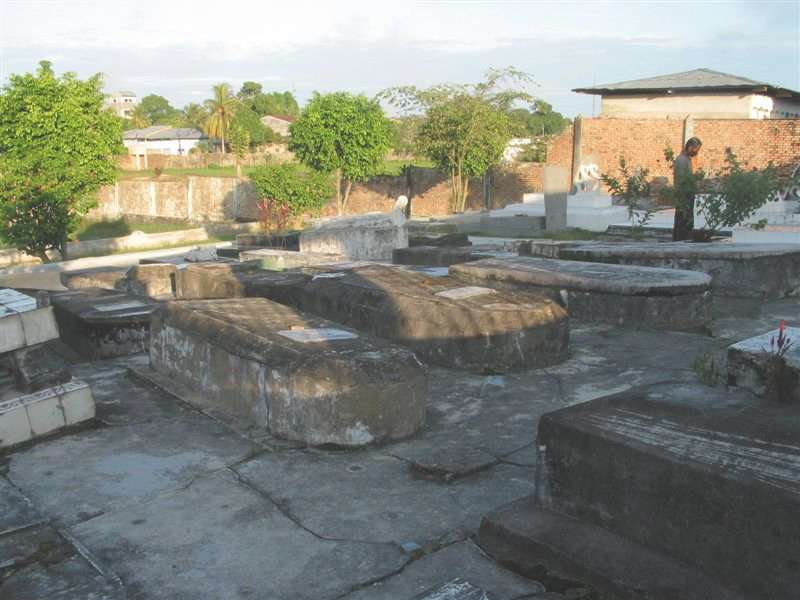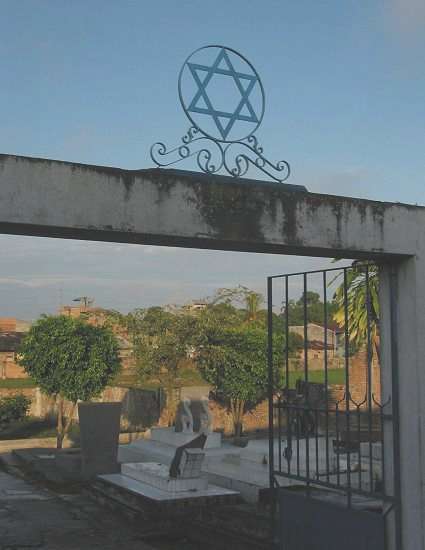NY Times article about descendants of Sephardic merchants who settled in this remote corner of the Amazon basin more than a century ago. "...more than 400 descendants of Jewish pioneers who have formally converted to Judaism this decade... Nearly all of them now live in Israel. ... The rubber trade collapsed, and fortunes here and upriver in the Brazilian city of Manaus vanished. Some Jewish immigrants perished young, succumbing to diseases like cholera. A few stayed, marrying local women and raising families. Others returned home, leaving behind descendants who clung to a belief that they were Jews. ... Isolation, intermarriage and assimilation nearly wiped out the vestiges of Judaism here. Storefronts chiseled with Jewish surnames like Foinquinos and Cohen, and a cemetery ravaged by vandals, served as some of the few reminders of the community that once thrived here. ... Since nearly all the Jews who originally settled here were men, their descendants could not attest to having Jewish mothers, ruling them out as being Jewish according to strict interpretations of Jewish law. " Surrounded by the Amazon River and two of its tributaries in the vast tropical rain forest of the high Andean summits, Iquitos, 1,200 miles from Lima is the isolated town that served as the hub for representatives of foreign industries during the rubber boom that started in 1870, with about 150 Sephardic Jews (mainly from Morocco but also from Gibraltar, Malta, Alsace, and Manchester) here as traders and owners of commercial houses serving the rubber producers. The little town became a cosmopolitan with an organized Jewish community. In 1905, the Jewish immigrants built a cemetery while refraining from permanent structures as a synagogue or a school because they had no intention of permanent residence. By 1909, they had founded and formally registered the Israelite Society of Beneficence of Iquitos that met for the Jewish high holidays. Most of the Jews, like all the immigrants, married or had children with local Amazonian women. In the 1910s, rubber prices declined; and most of the Jews left the city. The few who stayed with the first generation descendants met occasionally for Shabbat in private homes. Intermarriage continued, but the descendants maintained a strong connection with Judaism. After the visit of the Jewish Peruvian geologist Alfredo Rosenzweig in 1948, he published an article about them in 1967. A list of 29 documents shows cemetery burials. In 1995 Dr. Ariel Segal, Rabbi Guillermo Bronstein of the Conservative Jewish congregation of Lima, and officials of the Jewish Agency helped those who expressed an interest about Judaism and aliyah. Some Iquitos descendants of Jews still bury in the Jewish cemetery. [June 2009]
[UPDATE] Dwindling Amazon Jewish community keeps faith despite religious exodus [January 2017]
Wikipedia. [July 2011]
photos by Merle Kastner:


